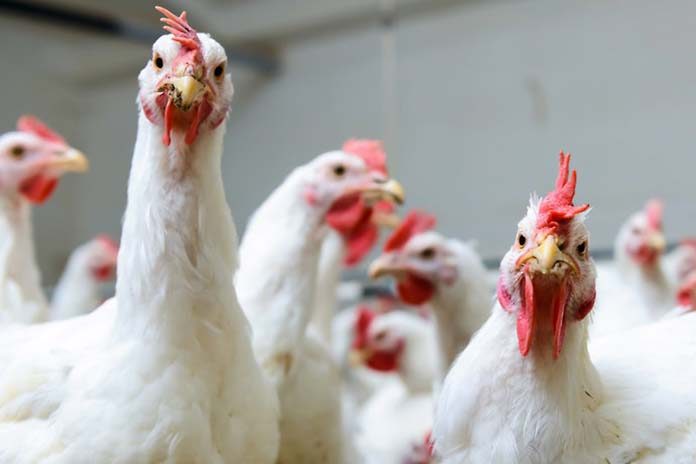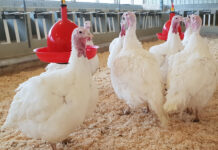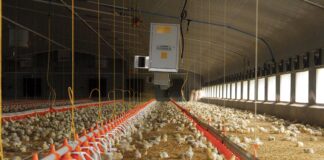
Mycoplasma gallisepticum (MG) is the most pathogenic avian mycoplasma species. It affects commercial, non-commercial poultry and wild birds. Current MG sequence typing methods rely on the partial sequence of one or more surface antigen genes.

Contrarily, Mulitocus Sequence Typing (MLST), a widely used typing method for many human and animal pathogens relies on conserved housekeeping genes. Recently, MLST assays have been developed for M. synoviae and M. iowae. Additionally a whole genome based core genome MLST (cgMLST) assay has been developed for MG. However, cgMLST cannot be applied to clinical samples. Here, we have developed 7-loci based MLST scheme for Mycoplasma gallisepticum. These seven loci were selected out of 425 genes recently used for core genome MLST (cgMLST) development. A total of 101 diverse MG samples, including isolates and clinical samples, were typed using this 7-loci MLST.
The phylogeny and discriminatory power of this 7-loci MLST were evaluated and compared to cgMLST and compared to surface antigens genes currently used for Mycoplasma gallisepticum sequence typing. The 7-loci MLST provided optimum discriminatory power and congruent phylogeny to cgMLST. A public database for Mycoplasma gallisepticum MLST was created.
This assay will increase the accessibility to Mycoplasma gallisepticum sequence typing and provide a stable and expandable nomenclature that is compatible with cgMLST. This assay represents an important tool for epidemiological investigation of Mycoplasma gallisepticum and allow better chances for its successful control and eradication.
Source: 2018 AAAP Proceedings
















